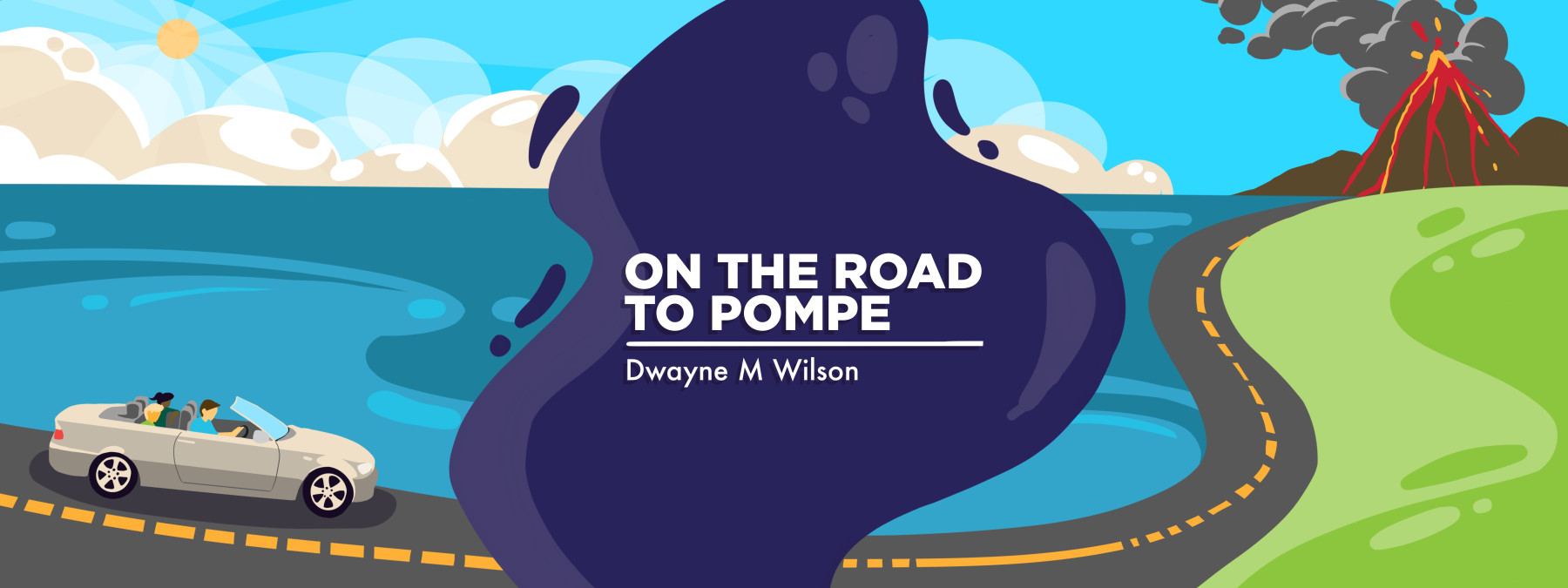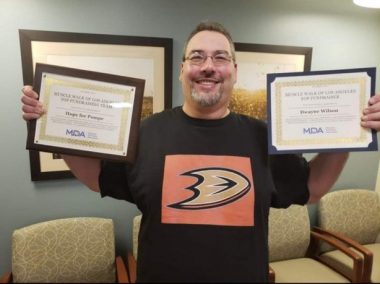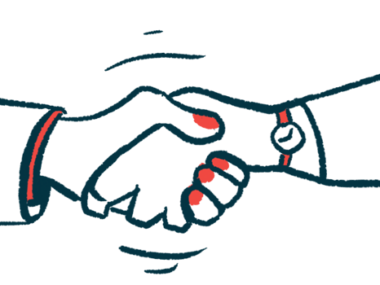Why Patient Advocacy for Pompe Disease Is Important to Me
A columnist finds purpose in raising awareness of his rare disease
Written by |

For me, getting diagnosed with late-onset Pompe disease was a relief. Although there’s no cure, treatment is available to help slow disease progression.
After starting treatment, I wondered what my life would look like. Would I have to stay home? How long would I be able to work at my full-time job? So many thoughts and questions filled my head, it felt ready to explode.
I found my tribe by joining a number of support groups, including Facebook groups. I was building friendships and learning from others living with Pompe disease.
But I felt something was missing. I wanted to share my story, raise awareness of Pompe, and help others. Being a part of the community was important to me, and I wanted to spread hope and positivity to everyone. My diagnosis wasn’t an end, but a new beginning. I just do things differently now.
Starting my advocacy journey
My neuromuscular specialist’s office is part of a Muscular Dystrophy Association (MDA) Care Center. During a visit in July 2019, I was informed about the MDA Muscle Walk event taking place in October in nearby San Pedro, California. I decided to ask a few family members and friends to join me in participating. To my surprise, they all said yes.
Never in my wildest imagination did I think that our team, Hope for Pompe, would end up being the top fundraising team. I was also the No. 1 individual fundraiser — an accomplishment I’m very proud of to this day.
That experience was the beginning of my journey as a patient advocate for Pompe disease.

Dwayne receives awards for No. 1 fundraising team and No. 1 fundraiser for the 2019 MDA Muscle Walk of Los Angeles at the MDA Care Center in Orange, California. (Courtesy of Dwayne Wilson)
Soon after the Muscle Walk, I became an MDA ambassador. The following year, I became a patient speaker for a biotechnology company that focuses on rare disease research and development. This gave me the opportunity to raise awareness of Pompe through public speaking engagements. I was even interviewed by my neuromuscular specialist at last year’s WORLDSymposium conference about living with late-onset Pompe disease.
I went on to participate in virtual discussion groups and roundtable meetings with companies looking to learn more about Pompe. I’ve also been interviewed by a sports reporter on two occasions about my love for college basketball and Pompe awareness. I’m always open to sharing my story with others and often feel like a walking billboard for Pompe.
These opportunities led me to step out of my comfort zone and become a columnist for Pompe Disease News and its parent company, Bionews. It’s been so much fun sharing my stories and adventures with everyone. Now, in 2023, I have an opportunity to share my story on another rare disease website.
I love being a Pompe patient leader. I strive to inspire, inform, and educate others by sharing my experience with a rare disease. By being a part of this community and collaborating with healthcare professionals, I aim to encourage, support, and uplift others.
I hope my story may inspire someone else to become a patient advocate, no matter what rare disease they have. Sharing our stories can lead to improvements in the healthcare system, earlier diagnoses, more available treatments, and increased understanding among loved ones. There is hope.
I stay motivated and encouraged knowing that my journey “On the Road to Pompe” might just be the thing that a newly diagnosed or even a longtime Pompe patient needs to hear.
Note: Pompe Disease News is strictly a news and information website about the disease. It does not provide medical advice, diagnosis, or treatment. This content is not intended to be a substitute for professional medical advice, diagnosis, or treatment. Always seek the advice of your physician or other qualified health provider with any questions you may have regarding a medical condition. Never disregard professional medical advice or delay in seeking it because of something you have read on this website. The opinions expressed in this column are not those of Pompe Disease News or its parent company, Bionews, and are intended to spark discussion about issues pertaining to Pompe disease.




Leave a comment
Fill in the required fields to post. Your email address will not be published.